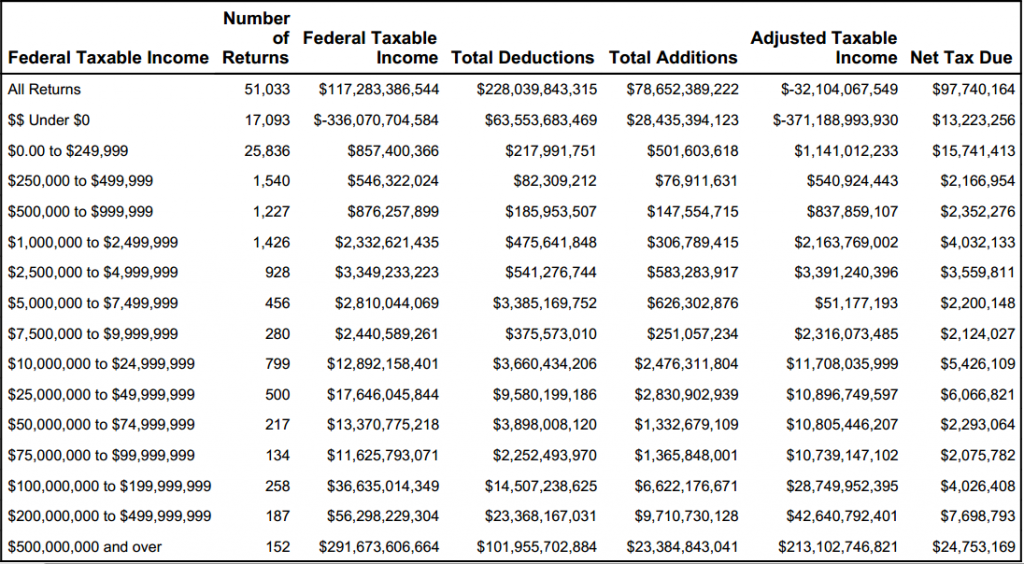
I was curious how the game of EDC board membership chicken between Gov. Chafee and George Nee was going to play out.
Was Chafee going to raise the stakes by demanding, rather than simply asking for, Nee’s resignation (a win for the media and loss for all other parties involved: labor, the governor, the people of Rhode Island)? Or would Chafee just capitulate and let him stay (everyone wins except the press)?
The better part of me says good for you, Governor, for doing what was in the most people’s best interest.
Here’s the statement Chafee put out today:
“The Board of EDC made a historically poor decision to invest taxpayer dollars into 38 Studios. Its collapse led me to ask for many resignations from the Board. I felt strongly that anyone who voted in favor of the 38 Studios deal should resign from the EDC Board.
Obviously, there was a difference of opinion there between me and George Nee.
As time has passed, I have been able to work with George on the Board and have a number of private discussions with him regarding 38 Studios. I believe that George agrees with me that the process was not performed in the proper way and that 38 Studios was a mistake.”
Nee could not be reached for comment, but you can read this profile we ran on him last week here. Or you can watch this video that Dave Fisher got of him the other day at the State House invoking the great Woodie Guthrie in sticking up for the non-union workers who had a days’ pay taken from them.


 In a piece of legislative legerdemain worthy of Houdini the Smithfield Town Council seems to have resolved the controversy surrounding the street named for a notorious Rhode Island Ku Klux Klan leader by changing the name of Domin Avenue to Domin Avenue.
In a piece of legislative legerdemain worthy of Houdini the Smithfield Town Council seems to have resolved the controversy surrounding the street named for a notorious Rhode Island Ku Klux Klan leader by changing the name of Domin Avenue to Domin Avenue.



